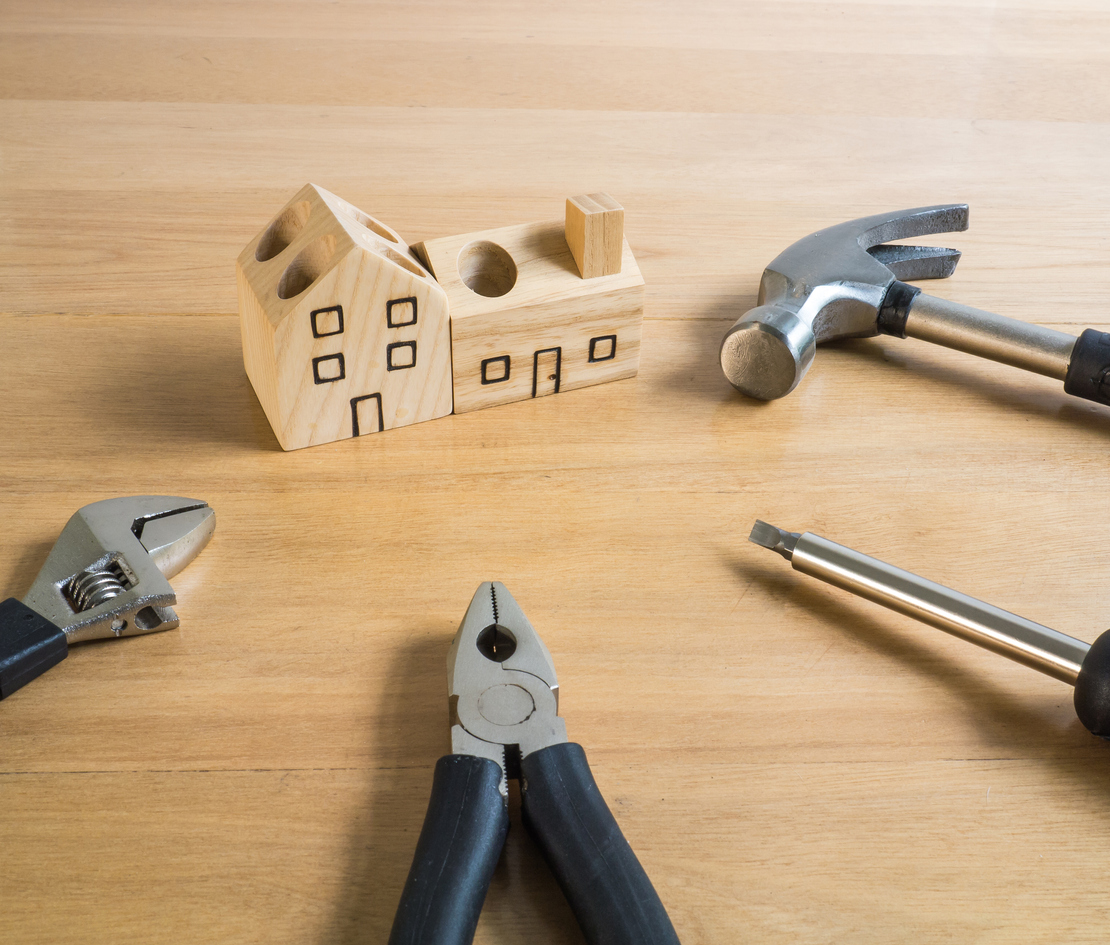Severe maladministration for believe housing’s handling of bathroom ceiling repair and asbestos
9 February 2023
The Ombudsman has found severe maladministration for believe housing after it left a residents bathroom in an “unacceptable state” for two years due to a failure to repair it.

We have issued a severe maladministration finding for believe housing after it failed to repair a bathroom ceiling, leaving the house in an “unacceptable state of repair”. The landlord also did not respond efficiently enough over reports to damp and mould in the property.
The Durham resident first reported the repair stating how plaster was falling off the walls and how the bathroom was covered in mould. However, due to the Covid-19 lockdown, the appointment for the works was cancelled.
It was nearly a year later that the landlord acknowledged, in its stage one complaint response, that the works were still outstanding and that it would action them, including an outstanding asbestos scrape. The resident explained that her son, who is autistic with sensory issues, would no longer use the bathroom due to fear of the ceiling collapsing.
However, nine months later and after chasing from the resident, the works still hadn’t been completed and so the landlord visited the property. It noted that the bathroom was “terrible” and subsequently undertook a full survey.
Between then and when the works were completed four months later, the resident said she was unable to use the bathroom for an extended period.
The landlord’s delay in addressing and completing the repairs to the resident’s bathroom was considerable, and its communication at times was poor.
While it apologised and offered the resident £100 compensation, its explanations that the delays were largely attributed to the pandemic did not go far enough, and so we ordered the landlord to pay the resident £1,500 in compensation and for it to undertake a formal review of its practices regarding how it deals with, responds to and monitors reports of asbestos.
In its learning statement, the landlord says it introduced a new triage system for complaints, better aftercare procedures for residents and improvements to its communications.
Richard Blakeway, Housing Ombudsman, said: “In this case there were considerable unexplained periods where the landlord did not demonstrate that it took any robust action in attempt to progress the repairs.
“Therefore, the landlord has not demonstrated that the delays on its part were wholly unavoidable, and it was unreasonable that the resident had to raise multiple complaints to prompt the landlord into taking the necessary action.
“The landlord did not only leave the resident’s bathroom in an unacceptable state of repair for approximately two years, but it excessively delayed in taking action to investigate the resident reports of damp and mould, and it has not demonstrated that it gave adequate regard to the safety of the resident regarding its handling of asbestos.
“It would have been appropriate for the landlord to acknowledge in its final response the full impact the ongoing situation would likely have had on the resident and to have considered the individual circumstances of the resident and her family.
“Its failure to do so was particularly notable, given that it had had a call with the resident where she was clearly distressed by the ongoing situation and the impact it was having on her son who has autism and sensory needs.”
In all severe maladministration findings, we invite the landlord to provide a short statement on the lessons learned following the decision.
Believe housing learning statement
We’re sorry that our service fell short of expectations on this occasion and have apologised to the customer for not resolving the issue sooner and for the stress it caused. Compensation has been paid.
We’ve made a number of service improvements, based on this customer’s experience and the Ombudsman’s findings, and continue to learn from this case.
We recognise that this customer deserved better communication from us and are now more proactive when making appointments and providing regular updates.
Working with an external consultant, we’ve reviewed how we handle complaints and are implementing service improvements and staff training in this area.
A new triage process has enhanced our approach from the outset, helping us understand a customer’s specific issues and the resolution they want.
And our new aftercare procedure includes follow-up calls to ensure we’ve completed agreed actions, that customers are satisfied with the outcome and to check a problem has not returned.
These improvements will help us deliver a more convenient service, minimising stress and not losing sight of the individual.
Despite having evidence there was no asbestos in this customer’s home, we didn’t adequately reassure her of this and are truly sorry for the unnecessary distress this caused.
We updated our asbestos policies and procedures in May 2022, as part of a cyclical review. A further review, completed in November 2022, incorporated learnings from this complaint so customers can feel confident we’ll keep them safe.
